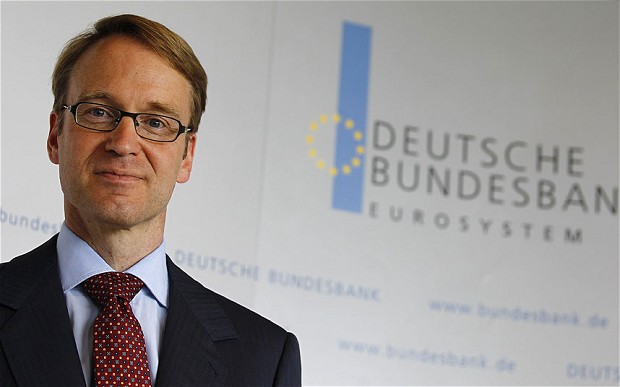A Don Boudreaux letter to the Wall Street Journal:
By offering not one justification, but two, for punitive taxes on Americans who buy imported steel, U.S. Steel’s David Burritt reveals the shallowness and shadiness of the steel-industry’s case for protection from foreign competition (Letters, Feb. 28).In one argument, Mr. Burritt insists that a thriving domestic steel industry is vital for U.S. national defense. If this argument is valid, it renders irrelevant Mr. Burritt’s second argument for high tariffs – namely, the allegation that the only reason U.S. steelmaking capacity is threatened is that foreign governments subsidize and “dump” steel in the U.S. This second argument – assuming it to be correct and relevant – implies that if foreign steel producers were to have a natural comparative advantage over Americans at producing steel, the loss of U.S. steelmaking capacity would be acceptable and, therefore, it would be improper for Uncle Sam to protect U.S. steelmakers.If Mr. Burritt’s national-defense argument is correct and relevant, then the specific reasons why steel imports threaten U.S. steelmaking capacity become irrelevant. If a thriving domestic steel industry truly is vital to U.S. national security, protective steel tariffs would be justified regardless of the policies and practices of foreign steel producers and, therefore, it would be pointless to inquire into whether or not U.S. steel imports are subsidized, “dumped,” or otherwise ‘unfairly’ offered for sale in America.Mr. Burritt’s case for punitive taxes on American buyers of imported steel has the powerful stench of special-interest pleading that emits from all producers who clamor for protection. Logic, consistency, and conformity with economics are cast aside and replaced with illogical trains of assertions meant, not to clarify and enlighten, but to confuse and frighten.Sincerely,
Donald J. Boudreaux
Professor of Economics
and
Martha and Nelson Getchell Chair for the Study of Free Market Capitalism at the Mercatus Center
George Mason University
Fairfax, VA 22030


























